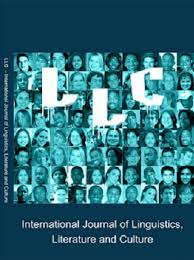The Imperfect Democratic Transition in Somalia
The Imperfect Democratic Transition in Somalia
Author(s): Rawiya BurbaraSubject(s): Literary Texts
Published by: European Scientific Institute
Keywords: Ottoman rule; Palestine; administrative; economic; educational; intellectual; national; historicism
Summary/Abstract: The purpose of this paper is to examine the factors undermining the democratic transition in Somalia. During the first decade of independence, Somalia attempted to institutionalize a multiparty democracy. However, several factors, such as the lack of a clear political ideology, authoritarianism, and the formation of clan-based political parties, led to the decline of democratic practices, followed by a military coup and a protracted civil war. That had a devastating impact on the short and long-term democratic efforts in the country. Thirty years after the collapse of the central government, the country is embroiled in protracted political instability that continues to undermine efforts to establish formal democratic institutions and mechanisms. Apart from the political cleavage among political actors, this paper examines other factors undermining the successful transition to democracy in Somalia. It identifies factors such as the practice of clannism or a clan-based political system, rampant electoral corruption, and the inconsistent role of the international community in supporting the democratization process in Somalia. The paper argues that continuing the indirect elections has blocked the attaining successful democratic transition and stalled the adoption of procedural democracy. In addition, susceptible public institutions and instability have negatively impacted a prolonged transition in Somalia.
Journal: International Journal of Linguistics, Literature and Culture
- Issue Year: 8/2021
- Issue No: 4
- Page Range: 1-18
- Page Count: 18
- Language: English

